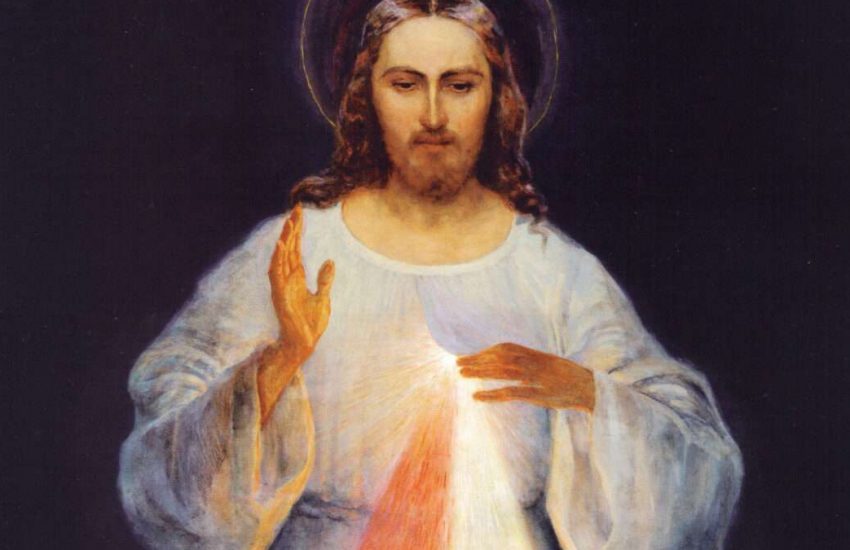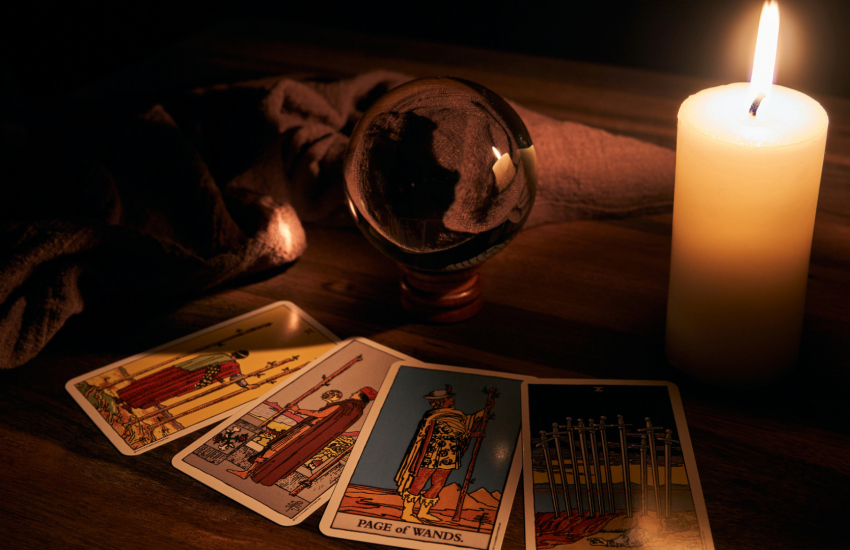FOURTH SUNDAY IN ORDINARY TIME (C)
click here for readings
Our gospel for this Sunday picks up right where last Sunday’s gospel left off. Jesus has just proclaimed that He will liberate captives, restore sight to the blind, and free the oppressed. Those who hear Him respond by trying to throw Him off a cliff.
When the people in the synagogue heard this, they were all filled with fury. They rose up, drove him out of the town, and led him to the brow of the hill on which their town had been built, to hurl him down headlong. But Jesus passed through the midst of them and went away (Lk 4:28-30).
What is going on here? Why such a violent reaction to Jesus’ words? Freedom is a good thing–why try to kill the one offering it? Is this just a case of a prophet not being accepted in his own land? That is certainly part of it. Jesus is too familiar to His neighbors. The people in Galilee respond to Jesus’ words with, “Isn’t this the son of Joseph?” (v. 22). In other words, “Who does he think he is? We know him. We’ve seen him grow up. What does he know?” The hardest people to evangelize can often be your own friends and family. They know you too well.
But there is more going on with Jesus’ rejection than over-familiarity. You might not listen to Jesus because, “Oh, he’s just the carpenter’s son.” But that doesn’t make you want to toss him off a cliff. Something more is in play.
Last week we said that the truth can set us free, but the truth can also hurt. The offer of freedom is only welcomed by those who know they are in prison. If you don’t already know you are being held captive by sin, it can be very disquieting to have it pointed out. It feels insulting. It makes you uncomfortable. It can challenge your very sense of self and your place in the world.
Think about how uncomfortable it is to be sitting in the dark only to have someone suddenly turn on a bright light. Your first instinct is to shut your eyes and look away. So it is with Jesus. The light of His truth shines too brightly for some.
If you are unfamiliar with Plato’s allegory of the cave, look it up. It’s the example par excellence of how the truth can be rejected by many. Plato describes people who spend their entire lives chained inside of a dark cave. Just beyond them is a fire. The prisoners in the cave cannot see the fire, but they can see the flickering shadows cast by it on the wall in front of them. These shadows on the wall are all they know of reality, so they presume that is all there is. These shadows, for them, are the real world.
One day one of them manages to break free from his chains. He finds his way out of the cave, past the fire, and into the sunlight beyond. He is initially blinded by the light, but eventually he begins to see — blue sky, white clouds, green plants. He is amazed at the richness, depth and beauty of the world. He runs back into the cave to tell the others about his discovery. They don’t believe him. In fact, they think he is mad. They reject the truth. They prefer the shadow.
This sudden and violent reaction to Jesus reminds us of just how shocking a figure He is. We tend to think of Jesus as a bringer of peace and comfort. He is, of course, but only for those who receive Him. For those who reject Him — those who prefer the shadows — Christ is a threat to be dealt with. His being cast out of Galilee in today’s gospel reading is but a foreshadow of the crucifixion.
It is no accident that this gospel account is paired in our readings for Mass with St. Paul’s beautiful testimony to love (1 Cor 12:31-13:13). “Love bears all things, endures all things, believes all things, hopes all things…” To speak the truth is an act of love. Love endures all things, even rejection and dispersion. Christ loved those who tried to throw him off the hilltop, even as He had to hide from them. Christ loved those who nailed His hands to the cross, even as He prayed for their forgiveness.
As those who encounter Christ today, we need to do two things: First, we must not be afraid to accept Him, even if His light might at first seem too bright for us to bear. Second, we must be ambassadors of the light, letting it shine in our lives. And if the world rejects us as it rejected Christ, we must emulate His example of mercy and never cease to love those who persecute us. I have no doubt that many in that crowd who threw Jesus out of Galilee were later baptized into the Body of Christ. Eventually they realized that they had chosen shadow over light, sin over holiness, and came out of their cave to embrace the Sun.



